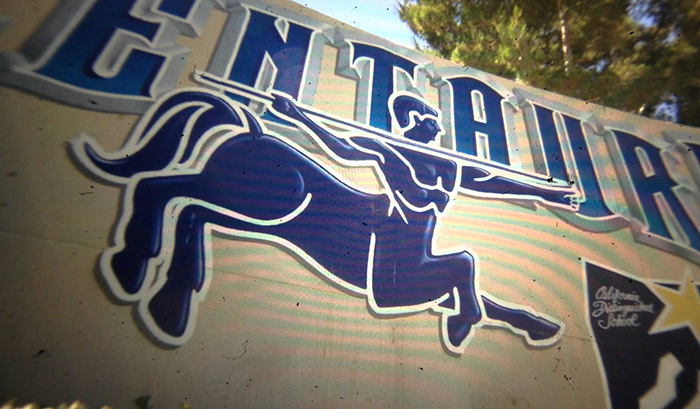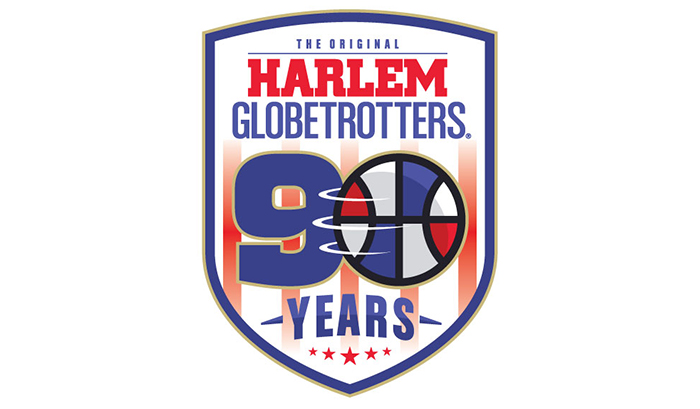No Difference
The current dispatches are relatively objective, by todays loose standards. Unless you track the frustratingly complicated Middle East daily, however, the Timess stories from the region typically read like a novel that begins on page 200.
Months of intense preliminary training is mandatory for any young or veteran reporter who has been assigned to the Middle East for the first time.
The cultural and political interweavings baffle some of the worlds smartest people all of whom are for or against Israel, straight up and down. You may find uninformed observers of the Middle East in Nebraska or in Kansas or in Indiana.
But they are not disinterested. Drive the territory. All citizens will present you with a strong opinion even before the engine of your car cools.
Times Has Company
To say that the Times covers the Middle East poorly and fractionally, with astonishing naivete, gullibility and wide-eyed, little-boy awe does not place the newspaper in a minority.
Since the Jews entered Canaan, the world has been obsessed with one of the worlds smallest but oldest cultures. Down to this very day, Jerusalem commands more print coverage than all other world capitals.
Jews and Judaism inspire passion throughout the gentile universe. Any journalist who claims he is neutral on the Arabs vs. Israel undoubtedly also is dishonest in other significant areas of his life.
The Best
John Burns, last seen with The New York Times, may be the only American correspondent who has covered the Middle East with acuity and maturity in the last decade.
When you hire work-for-food freelance reporters in the Middle East, you are buying a box of crackerjacks never quite sure about the resulting story.
For sheer, childlike naivete, the ninth paragraph of a story from Lebanon in last Saturdays Los Angeles Times, by the latest work-for-food Arab hire, arrested my attention.
Abusing the Language
In the latest flareup that started last month, Muslim terrorists have been shooting at each other in Nahr El Bared, a northern Lebanon sandbox, which has become a familiar daily dateline.
Owing to a relentless wave of intimidation suffered by English-speaking reporters and American publications a flailing abandonment of courage journalists covering the Middle East gradually have corrupted our language during the past decade and a half. With fairly inartful subtlety, the meanings of crucial words have been altered before our eyes, but with such nuance that the few protests quickly were extinguished.
Since the early 1990s, it has been accepted practice in all American dailies to employe the following prostituted euphemisms when covering Israel:
The Big Three
Terrorists were turned into militants, a teddy-bear term that is ironclad policy at every American publication. In recent weeks, the even more partisan formulation fighters has creepingly come into wider usage.
Occupied territories is another favorite. By my count, there are only two occupying forces on earth, the Israelis and the Americans. Other foreign forces are just visiting.
A blue-ribbon winner at every county fair is the caustic phrase Palestinian refugee camp. Calling All Free-Speech Activists
Where are the worlds free-to-travel-anywhere free-speech advocates when it comes to investigating Palestinian refugee camps?
Are they intimidated by the terrorists, too.
The first two parts of the Los Angeles Times series on cultural peace in Jerusalem, yesterday and today, are a splendid sample of magnificently softened coverage.
The opening installments read as benignly as if the subject were St. Louis being transformed from a city now dominated by emigres from northern Germany instead of southern Germany.
How, I ask, do the oppressed Palestinian people in permanent refugee camps remain willingly unemployed decade after decade?
How do their lives lie at their feet, unlived, for whole lifetimes?
Arafat Was the Father
The remarkably loaded, politically useful phrase Palestinian refugee camps is a construct that was designed in the early 1960s by the last centurys godfather of terrorists, Yasser Arafat, the late PLO leader.
He is remembered for helping to set up the classic straw man, engineering hordes of Arabs from around the Middle East into enclaves that the world has known for 43 years as Palestinian refugee camps.
This is a marketing tool created to win wars, and it works. Playing with the lives of their own people is what Middle Eastern terrorists have done since the day Israel was born, May 14, 1948.
Western Slickness
The infamous phase Palestinian refugee camp was intended to evoke an image of pity and engender worldwide sympathy. These objectives, using Western-learned marketing techniques, have succeeded with undreamed of brilliance.
Taken separately or together, the three examples are extraordinarily pejorative. They have become embedded into our accepted, embraced daily usage with no more than a murmur of swiftly drowned-out protest.
How Did Language Survive?
Returning to last Saturdays story in the Los Angeles Times, here is the notable ninth paragraph of a story by one Raed Rafei:
In an official statement, the Lebanese army accused the militants of infiltrating civilian areas inside the camp and using the remaining residents as human shields.
As a journalist who has been around since the 1960s, I find it amazing this disingenuous sentence survived the editing process. Extraordinary. The reporter acted surprised that the terrorists masqueraded as plainclothes guys.
Human shields has been an Arab terrorist operating tactic since at least 1964. It is more deeply ingrained in the Arab psyche than a salute is in the psyche of American troops.
What Uniforms?
Ladies and gentleman, the first second and third generations of Arab terrorists never have worn uniforms. This is why American forces and Israeli soldiers, acknowledged as the best extant, stumble when the spasmodic guerilla fights grow into wars. How do you tell the bad guys from the supposedly quiescent population?
This, of course, is the whole point of guerilla fighting, to make the terrorists indistinguishable from the population.
Reliably, in America and across Europe in the meanwhile, our liberal friends post themselves on street corners. There, they protest the killing of innocent civilians by U.S. troops and by Israelis.






